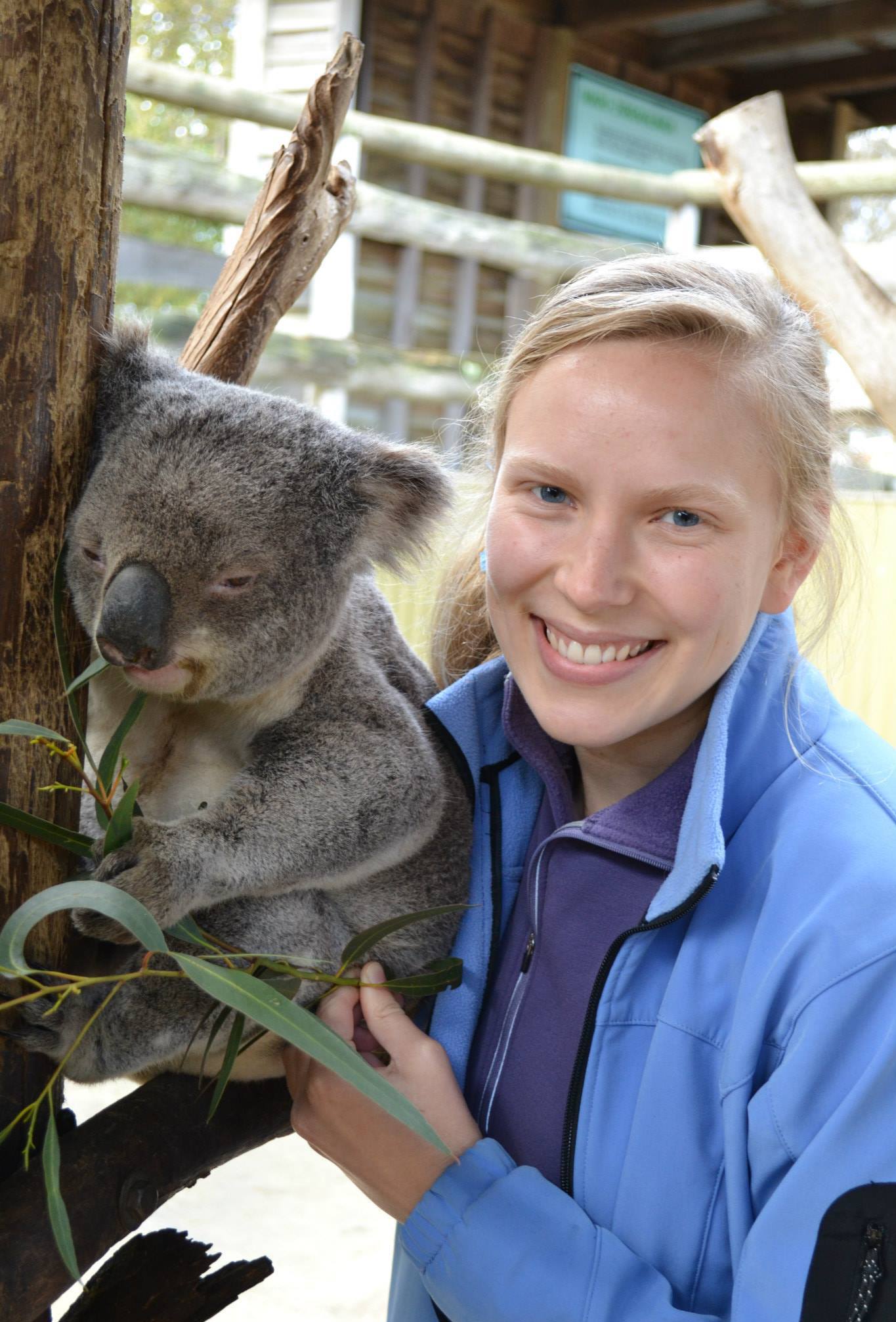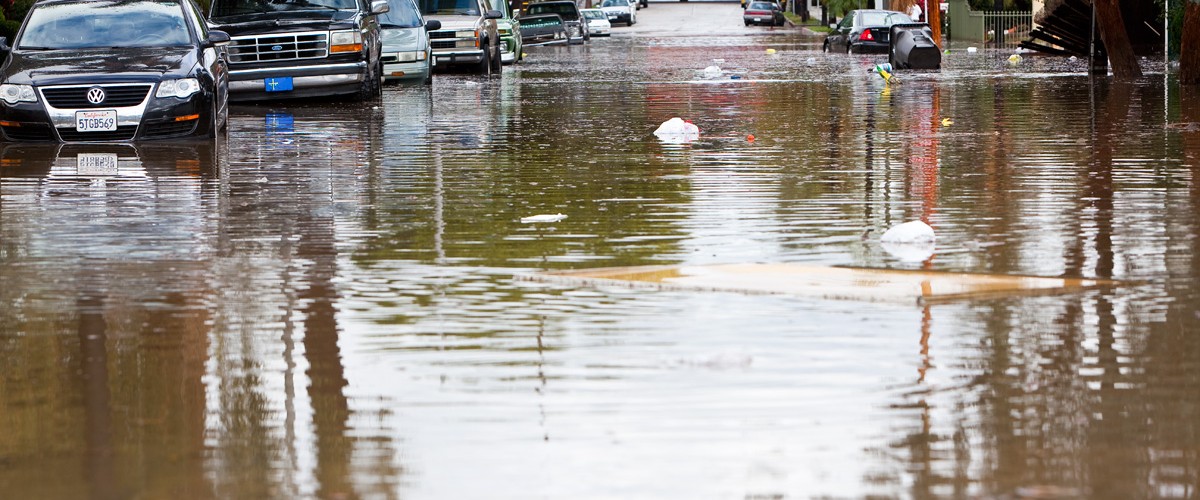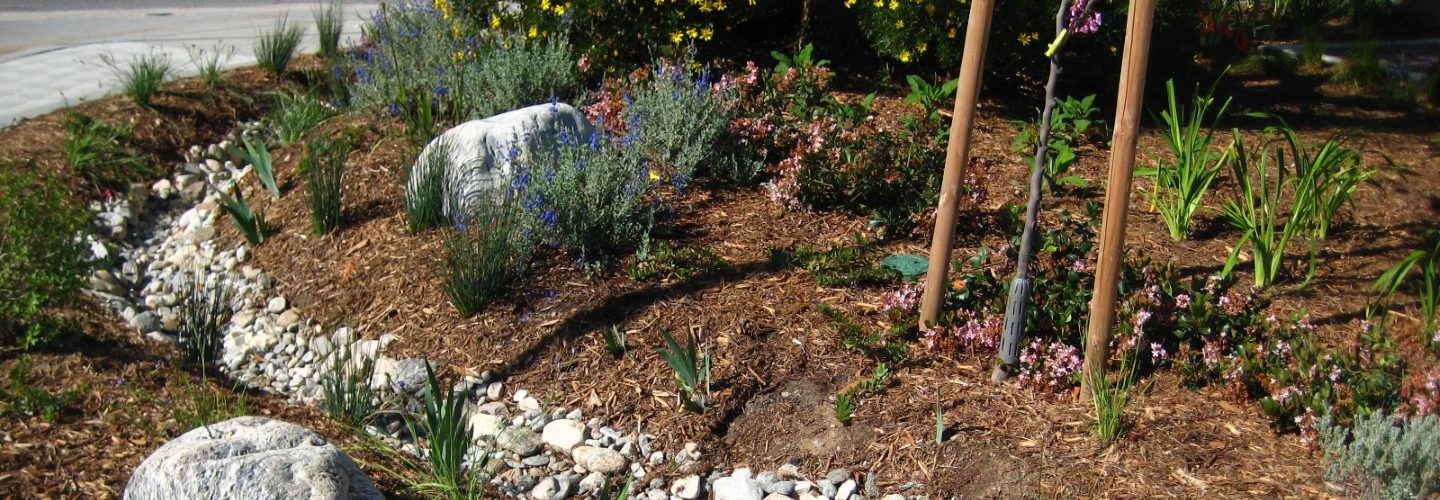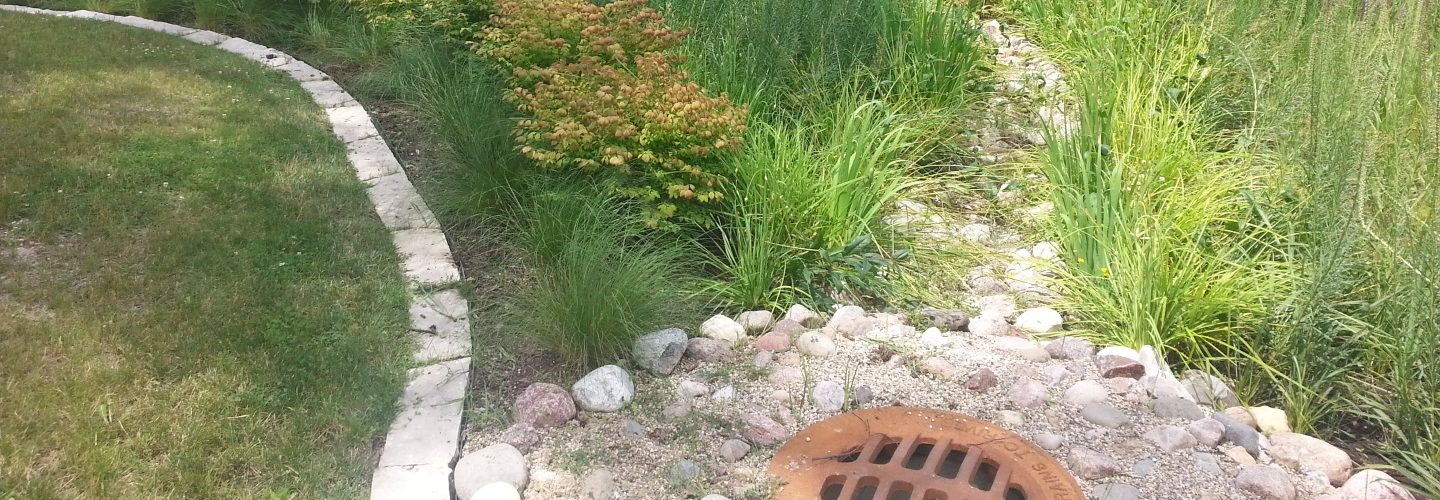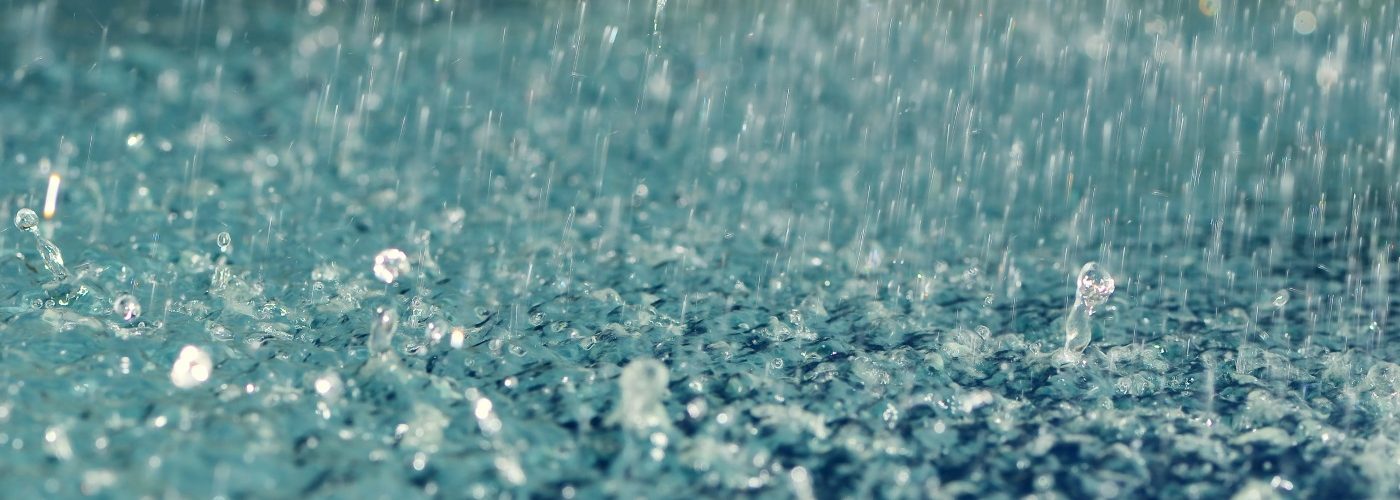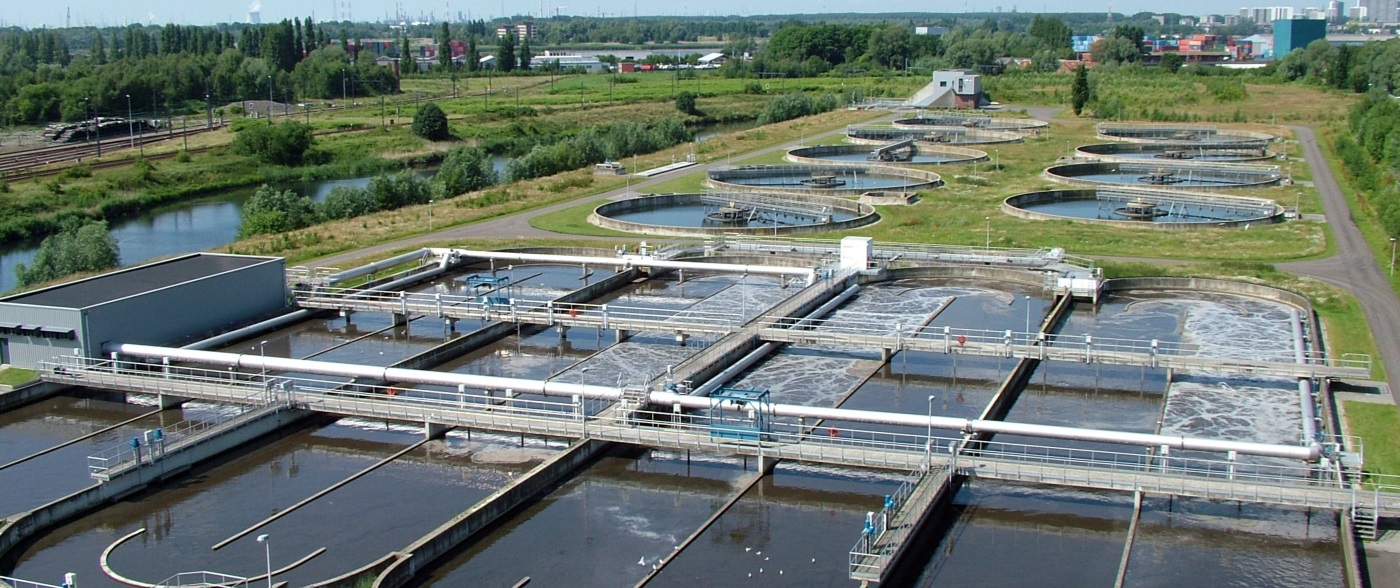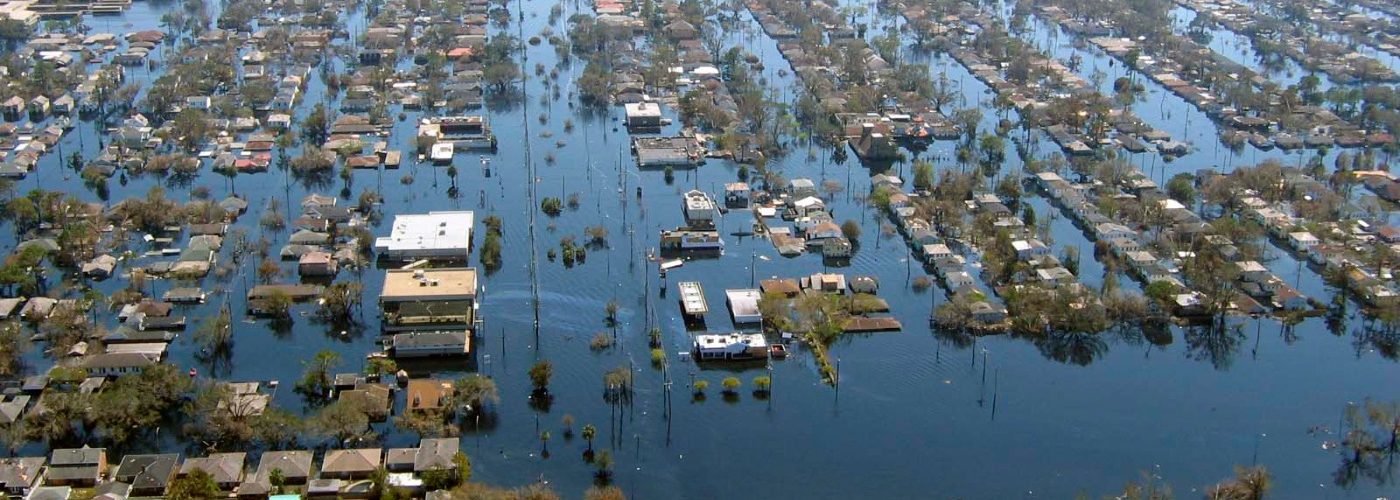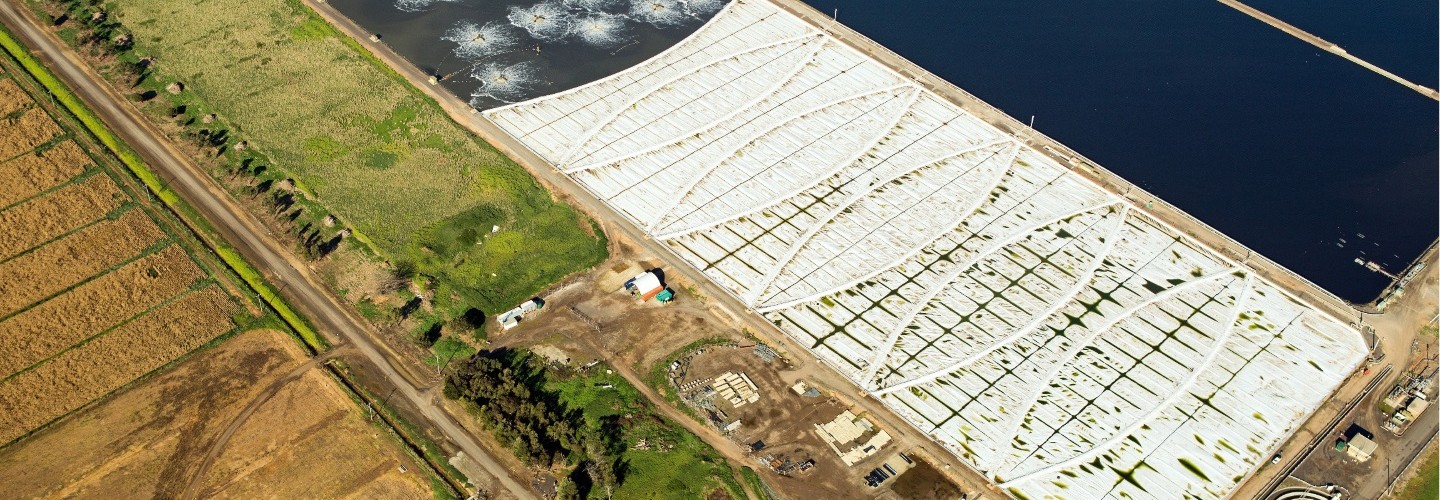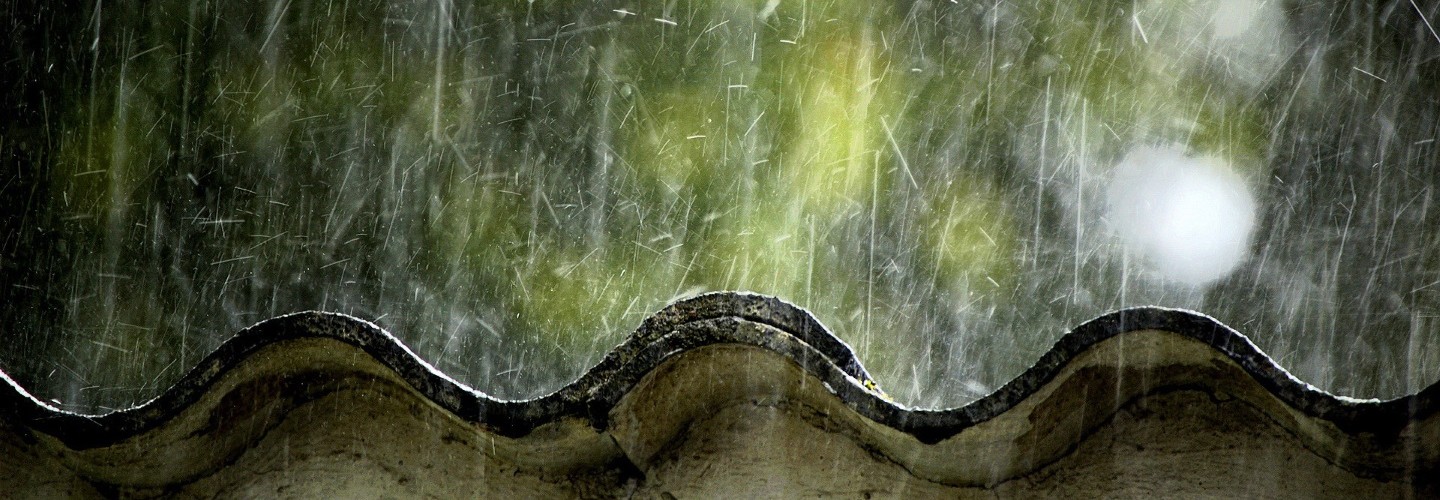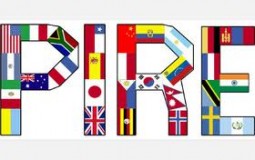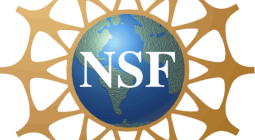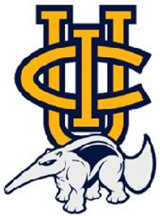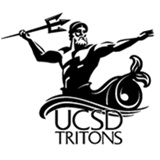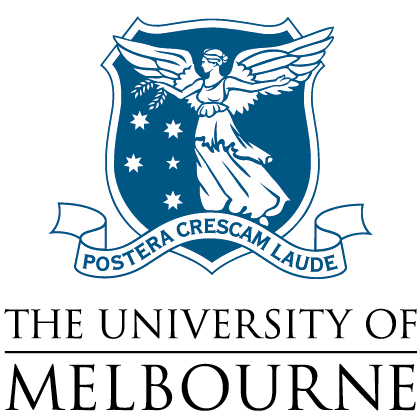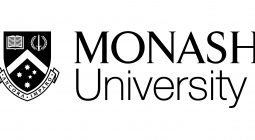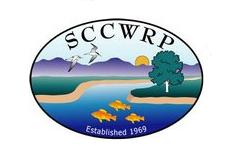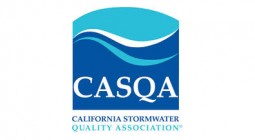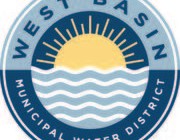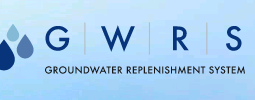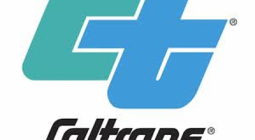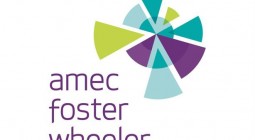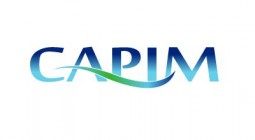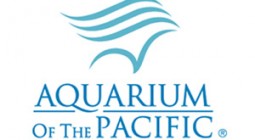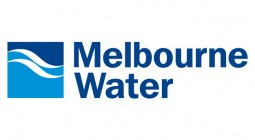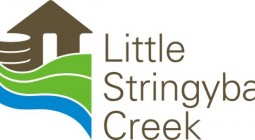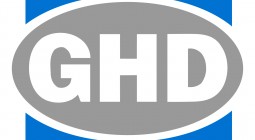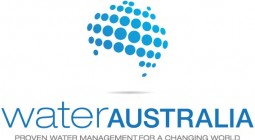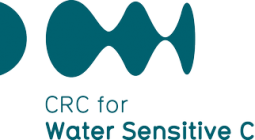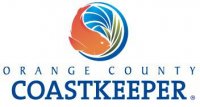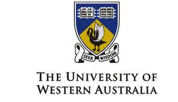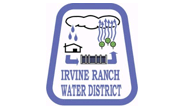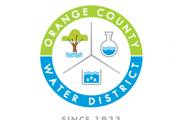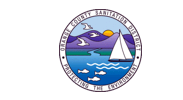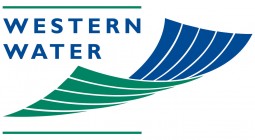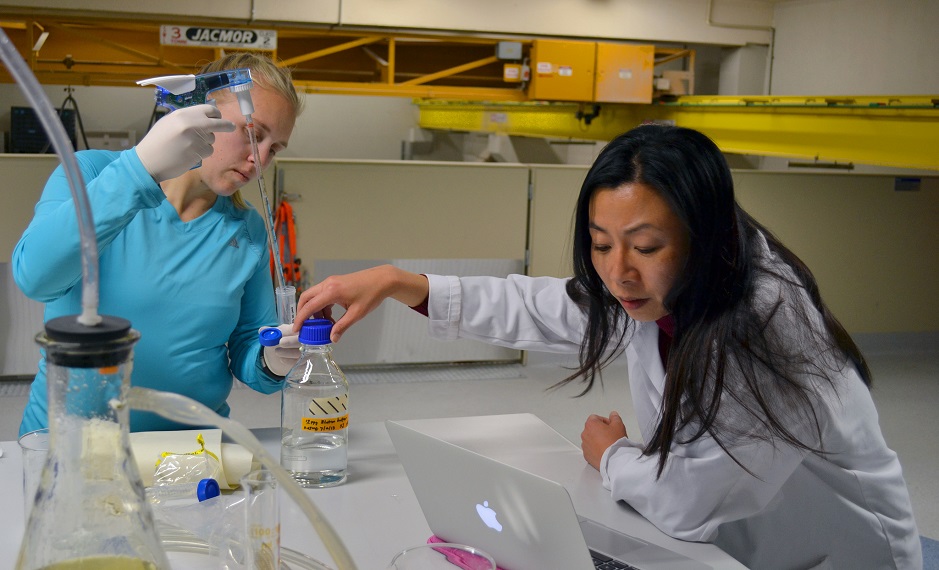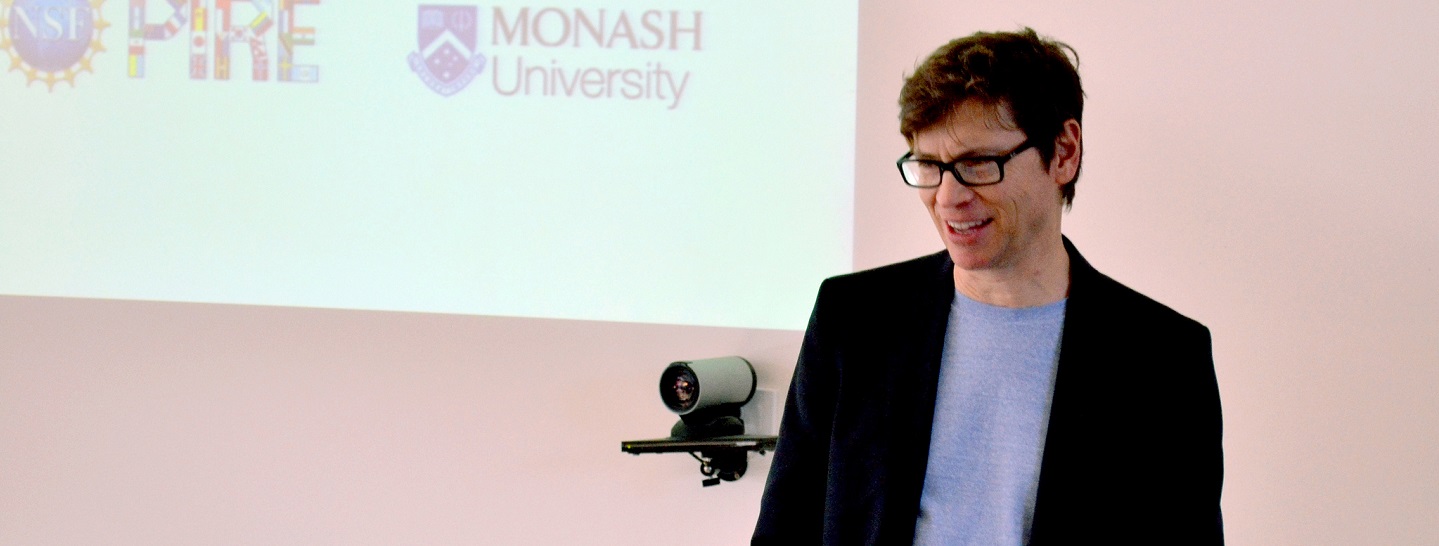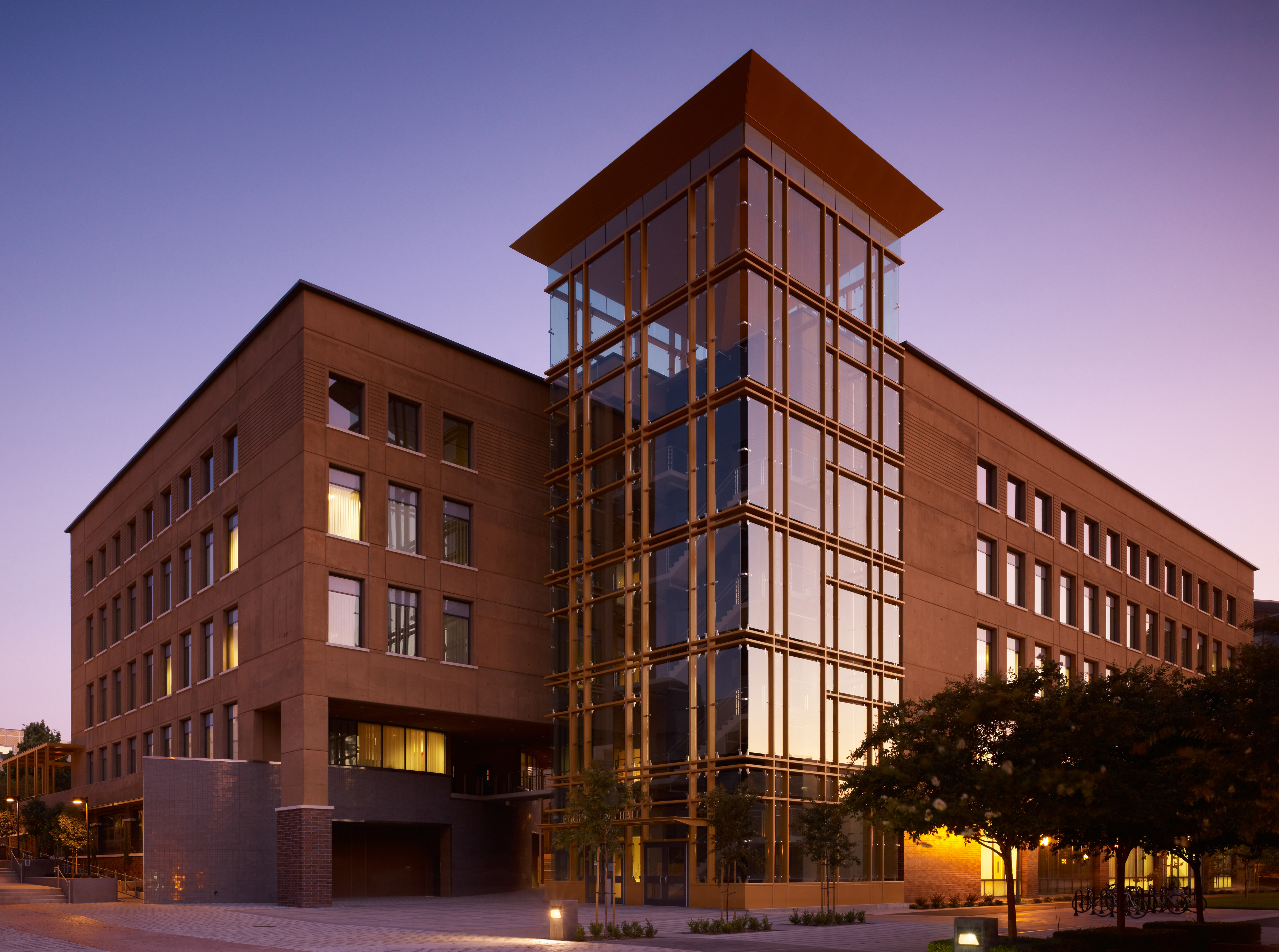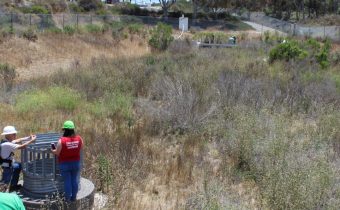Our Collaborations
Project Goals
Recent News

Research Opportunities For Community College Teachers (ROCCT)!
Nov. 4, 2015 – In an effort to help community college teachers get their students more interested and involved in STEM-related research, a UC Irvine civil and environmental engineering professor has teamed up with the university’s Office of Access and Inclusion. The result is ROCCT – Research Opportunities for Community College Teachers – a three-year,
Read More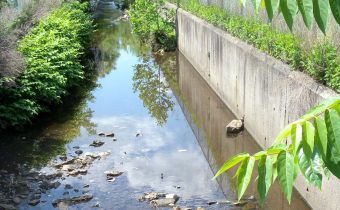
ASCE Web Exclusive – UCI Water-PIRE Researchers Examine Interventions For Urban Stream Syndrome
Click Here For The Original Article
By Kevin Wilcox
Distributed, green technologies to divert excessive stormwater flows from urban streams are common in many parts of the world, but the U.S. has been slow to adopt them. November 3, 2015—As urban areas have increased in density and sprawled outward over the past decades in
Read MoreUCI Water-PIRE Featured In GIZMODO Article
Rainwater Tanks and Green Roofs Could Be the Best Way to Avoid More of Last Week’s LA Mudslides
Read More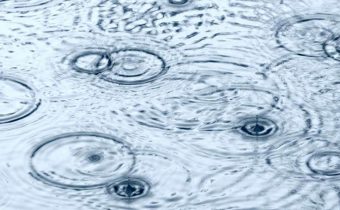
Human & Environmental Health Risks & Benefits Associated With Use Of Urban Stormwater
Click Here For The Article
Read MoreTestimonials
As for my future, I have developed a passion for studying water sustainability. Being originally from Northern California where it rains fairly often, I never realized how much of an issue water sustainability was for Southern California. After going to school at UCLA and studying water sustainability in this program, I realize just how large of a task our society is faced with. It will be up to me as well as my generation to lead the next steps in what amounts to be a very large obstacle. However in taking one step at a time, or many such as in this PIRE program, we can tackle and conquer this challenge.
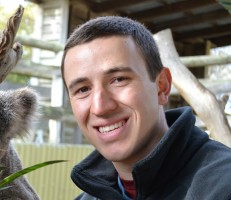
Sam Zabb-Parmley
( 2013 UPP Cohort )“Overall, PIRE has been one of the most valuable, fulfilling, and incredible experiences of my life. Reflecting on it has been an emotional process. Despite rough weather in the field, late nights in lab, preparation of our research poster, and nerves over presenting at the symposium, writing my reflection paper has been the most difficult part of the program. It astounds me that I can learn so much in 6-weeks. Involvement in the program truly left me with profound insights and affirmations that I’ll carry throughout my life.”
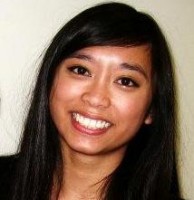
Maria Castillo
( 2013 UPP Cohort )“Traveling to Australia through the Undergraduate Pire Program – Down Under, has been a life-changing experience. I have had the opportunity to learn first-hand about the great leaps in urban water sustainability that the city of Melbourne, Australia has made. Most importantly, I have gained a better understanding of what graduate research is composed of, how hypotheses are constructed, tested and often reformulated. Dr. Stan Grant, Dr. Sunny Jiang and all of the other outstandingly brilliant professors and post-doctorate students have been great mentors to myself and to the rest of the undergraduate students I travelled with. This experience has shaped my perspective on the future of urban water sustainability and how it can be applied back at home in California and nationwide. My career path will be shaped by this experience, I now hope to involve myself in collaborative research with industry that focuses on de-centralized, low-energy, small scale approaches to water treatment and reuse especially in developing countries.”
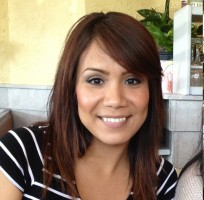
Norma Galaviz
( 2013 UPP Cohort )“Before this program, I knew nothing about Melbourne’s recent drought or water conservation measures. I had no idea that California and Melbourne faced such similar water scarcity issues, and most of all, I had no idea that California and Melbourne could also utilize similar solutions. Now I feel armed with the knowledge and experience necessary to help California pursue these solutions. For example, I was able to walk into a civil engineering interview last week and have an intelligent conversation about urban runoff with the interviewer. I can talk about how biofilters and wetlands work from first-hand experience, not just from reading articles. I can speak for the success of Melbourne’s public outreach campaigns not just by reciting some statistics, but also by recounting the time I was in a public restroom and overheard an Australian mother telling her young daughter about the recycled water used to flush the toilets. I can discuss the benefits of nutrient removal not only by describing it in the context of Australia’s Port Phillip Bay, but also by analyzing nitrate and phosphate levels in Melbourne’s constructed wetlands.”
